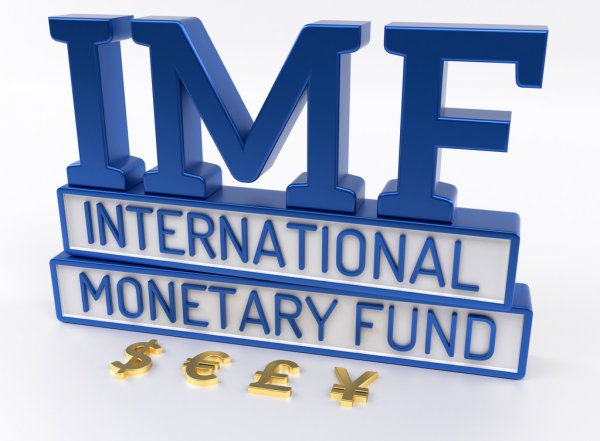The International Monetary Fund (IMF) estimates that central bank currencies will confront major obstacles in a rapidly digitizing financial system.
In a recent blog post, the IMF said that as innovation in the digital age becomes the order of magnitude and dual monetary system, the central bank currencies will face pressures if it fails to digitise the financial system and keep pace with technological change.
As digital currencies increasingly crop up and the financial sector rapidly evolves, the public and private economic sectors will clash and put pressure on central banks to innovate and keep up with technology giants.
If digitized cash emerges will it displace privately-issued money, or allow it to flourish?
The answer lies in how innovative the central banks are likely to be especially in keeping with the pace of change of technology and private-sector competition as today’s cash is unlikely to fulfil the requirement of the day and even after to meet the user needs.
Central banks would thus have to become more like Apple or Microsoft in order to keep central bank digital currencies on the frontier of technology and in the wallets of users as the predominant and preferred form of digital money.
The IMF ascertains that the best way for central banks is to compete with the fast-paced digital currency revolution is to build a system where the private sector can convert its assets into a central bank currency.
“The answer lies in a fundamental symbiotic relationship: the option to redeem private money into perfectly safe and liquid public money, be it notes and coins, or central bank reserves held by selected banks.
“If and when countries move ahead with central bank digital currencies, they should consider how to leverage the private sector. Today’s dual-monetary system can be extended to the digital age. Central bank currency – along with regulation, supervision, and oversight – will continue to be essential to anchor the stability and efficiency of the payment system.
And privately-issued money can supplement this foundation with innovation and diversity – perhaps even more so than today. Where central banks decide to end up on the continuum between private-sector and public-sector involvement in the provision of money will vary by country, and ultimately depend on preferences, technology, and the efficiency of regulation.”

